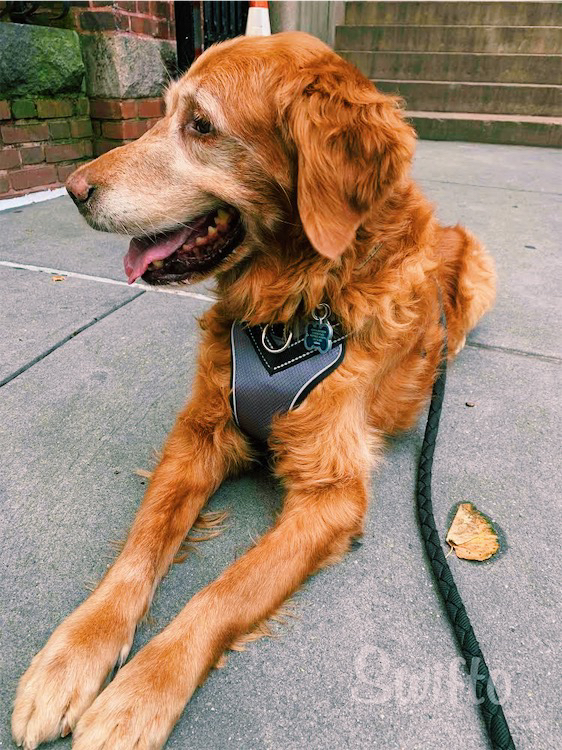Having your dog happily greet you every day is one of the many reasons why we love dogs so much. Your dog’s ability to remember you as their best friend and owner is why he greets you with such excitement. But aside from recognizing us, do our dogs remember short-term things? Do they remember the treats we give them or the times they chew up the couch?
Memory Systems in Dogs
Dogs have a very different system for storing, processing, and recalling memories compared to humans. They do not have a significant short-term memory, so they most likely don’t remember all the times they destroyed our homes. This doesn't mean that dogs aren’t capable of remembering things—they do, just in a different way.
Episodic vs. Associative Memory
Humans can store and recall vivid and explicit memories due to our episodic memory, which helps us reflect, remember, and relive specific events in our lives. Dogs, however, do not have an episodic memory. Instead, they have associative memory, meaning they remember events based on associations rather than specific memories.
For example:
- If you put on your sneakers before taking your dog for a walk, your dog will get excited every time you wear them because they associate those sneakers with going on a walk.
- Conversely, if your dog dislikes going to the vet, he may become fearful every time he gets in the car, associating it with the unpleasant vet visits.
Changing Negative Associations
Changing these associations is possible, but it requires effort to replace the negative with positive ones. For example, to ease your dog’s car anxiety:
- Sit in the back with him without the engine on.
- Bring his favorite toy and some treats to calm him down.
- Play with him for about ten minutes until he appears calm.
- Drive your dog to a place he loves, like a dog park, instead of the vet.
This helps him associate the car with enjoyable experiences, gradually diminishing negative associations. Keep in mind that negative associations tend to last longer in your dog’s memory than positive ones, so patience is key.
The Role of Scent and Hearing
Associations also form through scent. A dog’s sense of smell is extremely powerful and allows him to remember certain things far better than humans can. This is why dogs are used by police to sniff out drugs or weapons. Hearing, as well as smelling, plays a crucial role in associating events. Dogs can hear frequencies beyond human capability, making them invaluable in search and rescue operations as they can detect sounds from people buried under rubble or injured in disasters.
Living in the Moment
A dog’s associative memory highlights the philosophy of “living in the moment.” We can learn from dogs, as they don't—and can’t—hold onto the past and live each day to the fullest. Your dog should remind you of the importance of living in the present and accepting the past.
Our Services and Your Dog's Well-being
At Swifto, we understand how crucial positive associations and living in the moment are for your dog's happiness and well-being. That's why our dog walking, pet sitting, and cat sitting services are designed to provide enriching and enjoyable experiences for your pets. Our dedicated team ensures that each walk or visit is filled with positive interactions, reinforcing good behaviors and creating happy memories. Whether it's a regular walk or an overnight stay, we aim to make each moment count, contributing to your pet's overall joy and comfort.
Embrace your dog's ability to live in the moment, and let Swifto help you create positive, lasting memories for your furry friend.


